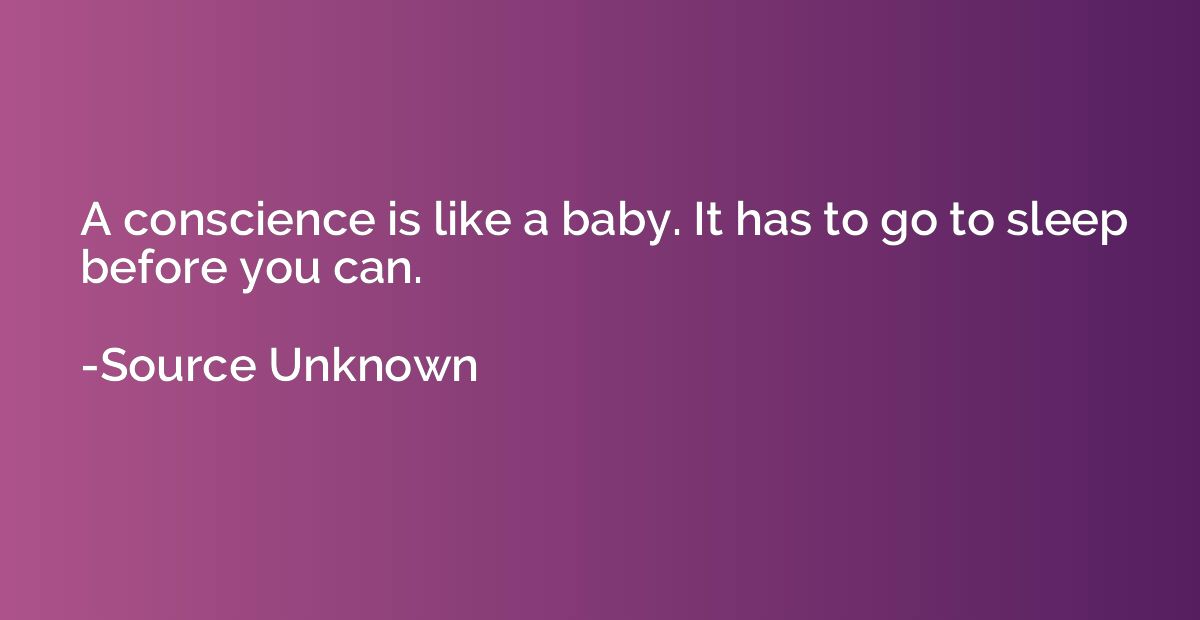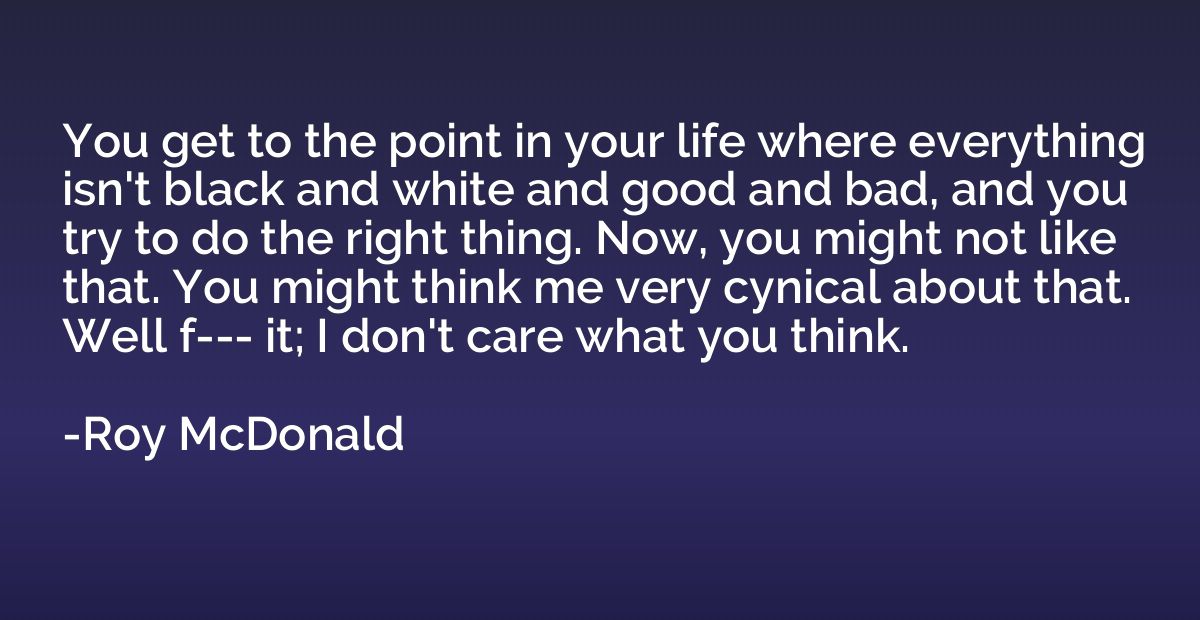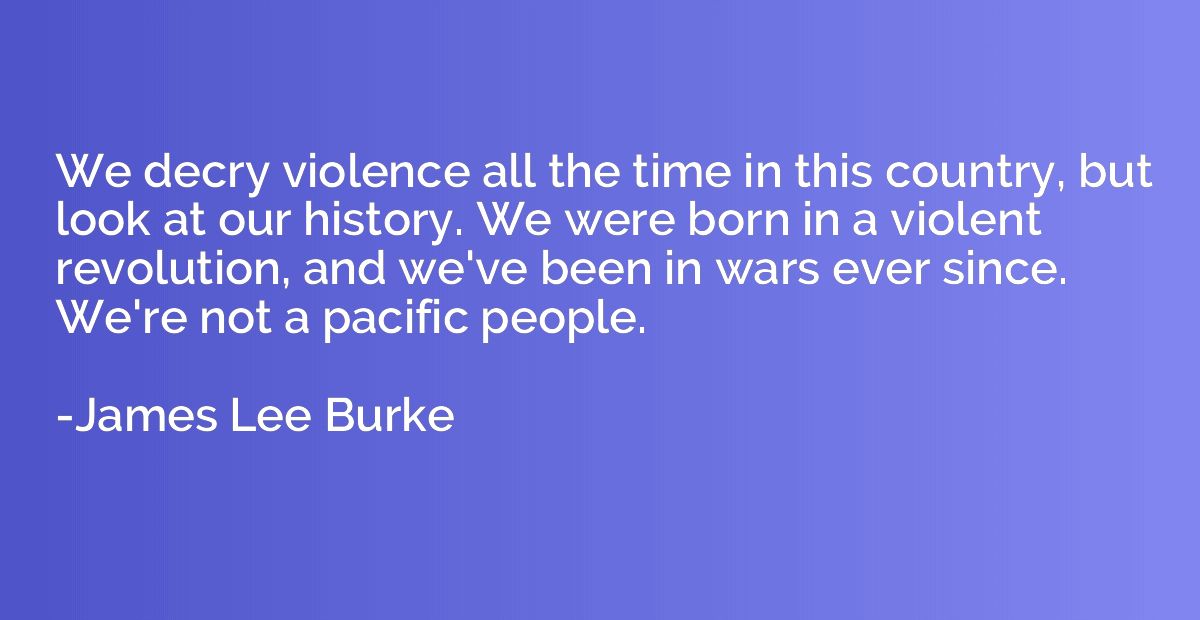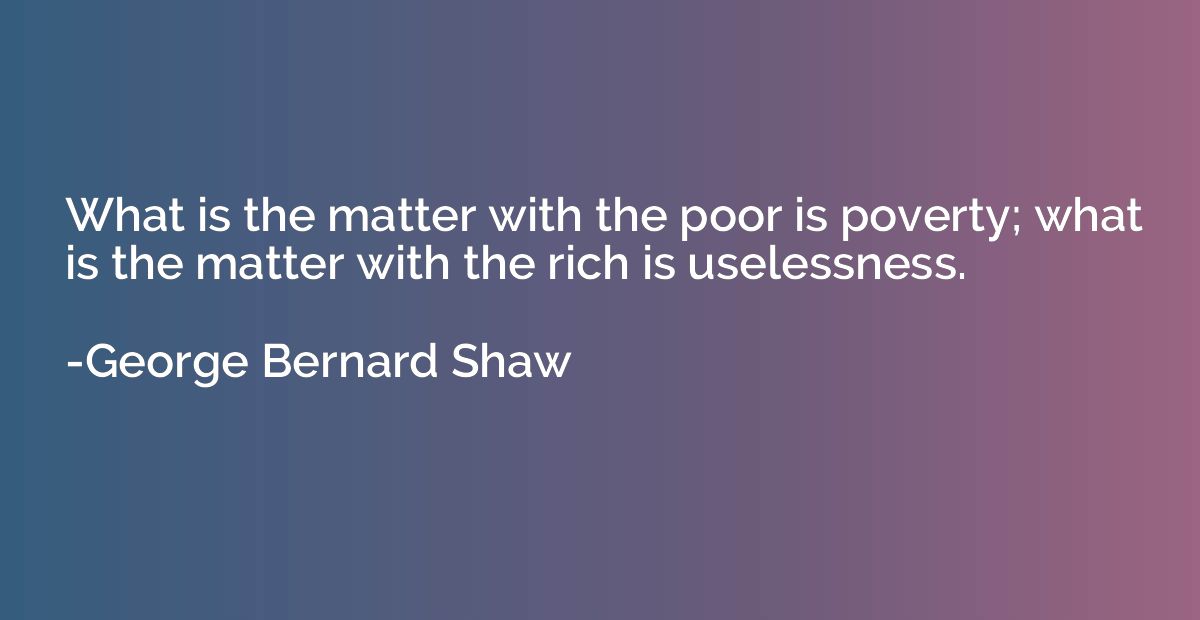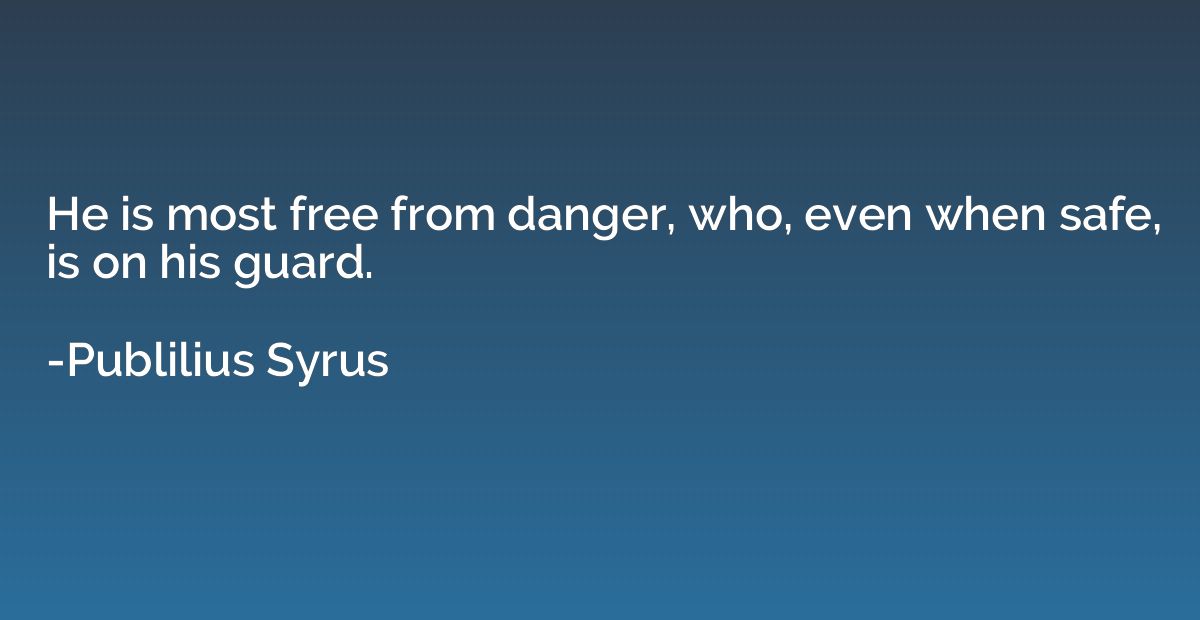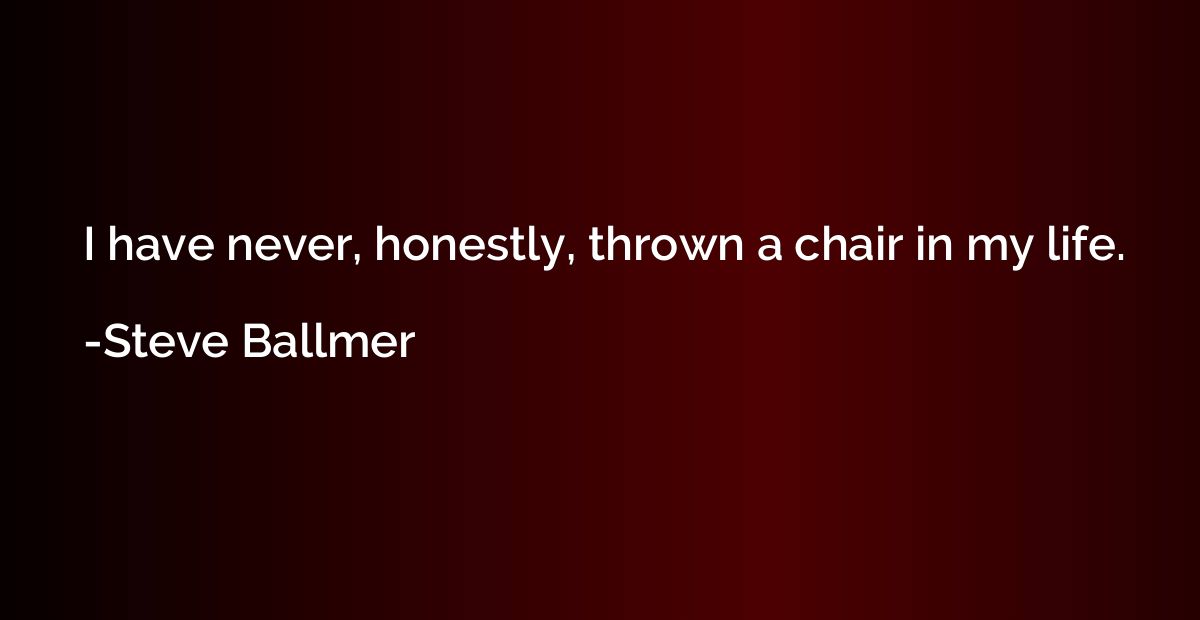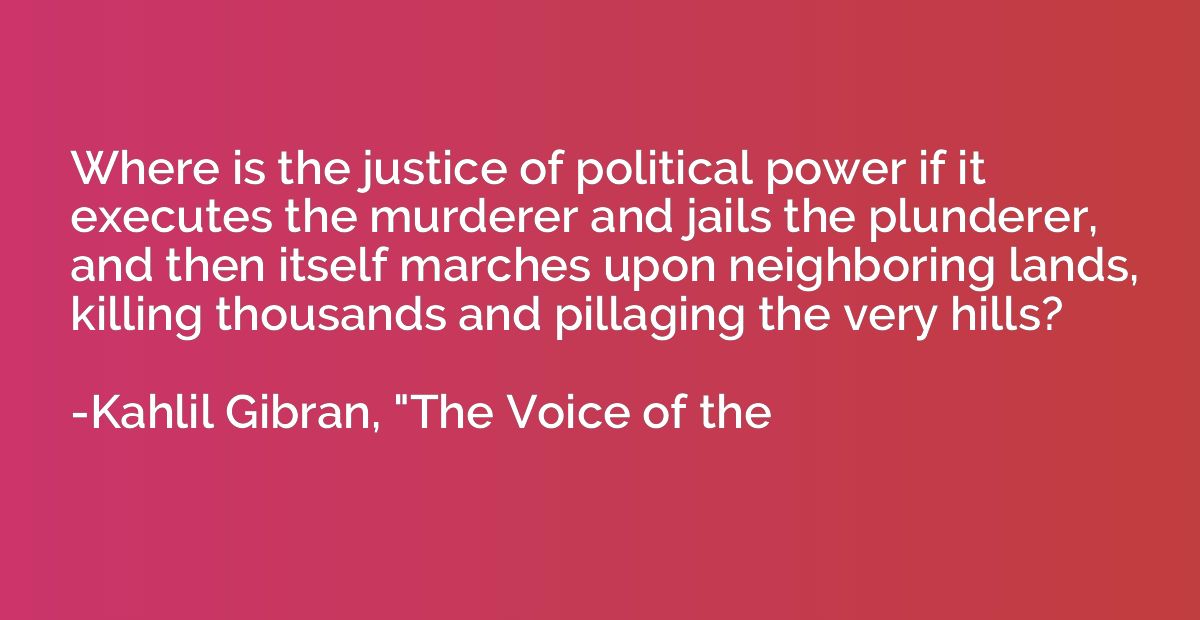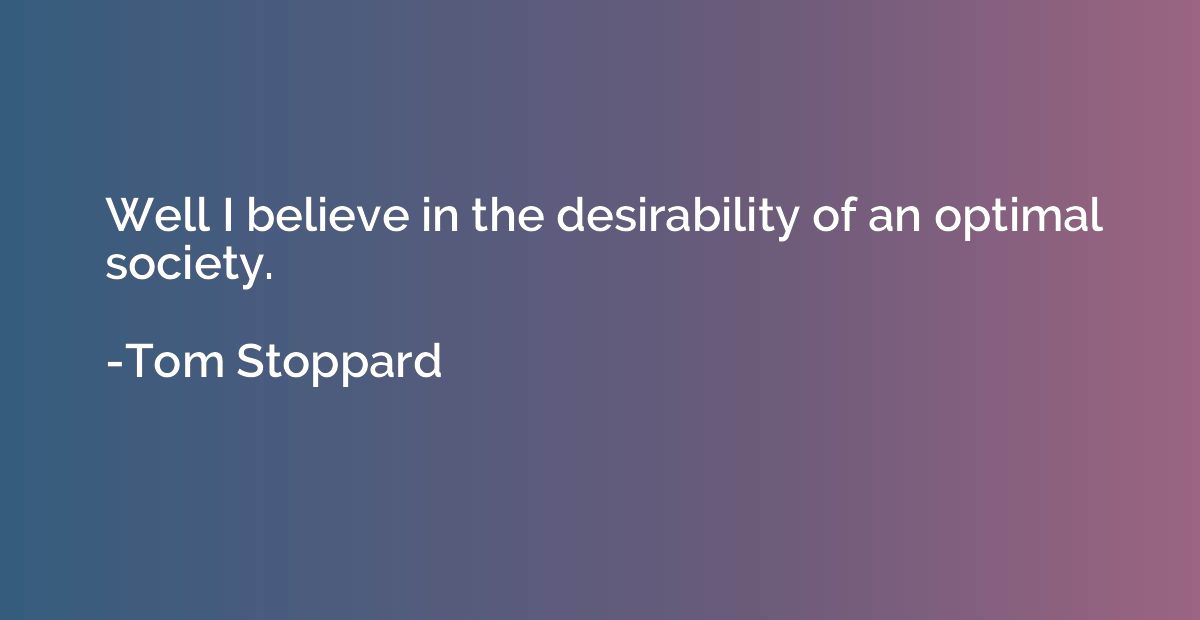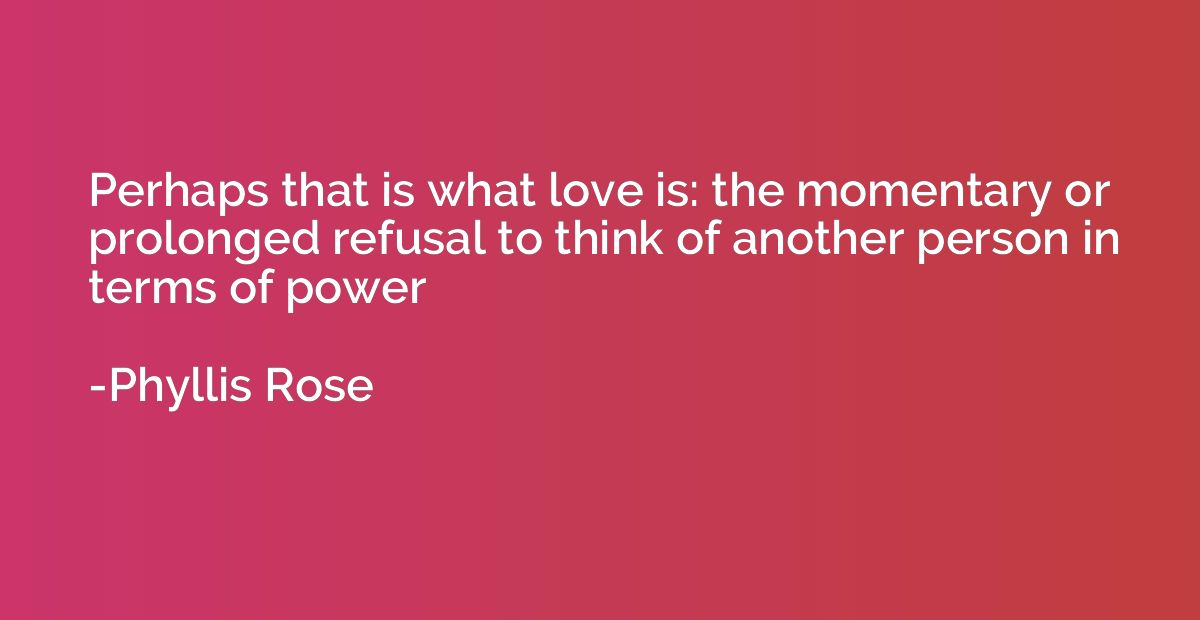Summary
This quote suggests that one's conscience, much like a baby, needs to be at peace or "asleep" in order for an individual to find personal rest or inner peace. It implies that a troubled conscience can prevent one from finding true tranquility or inner calmness, which can be compared to how a baby's restlessness can disrupt their parent's sleep. In this context, the quote reminds us of the significance of addressing and reconciling with our own moral judgments and actions in order to attain a sense of tranquility and contentment.
